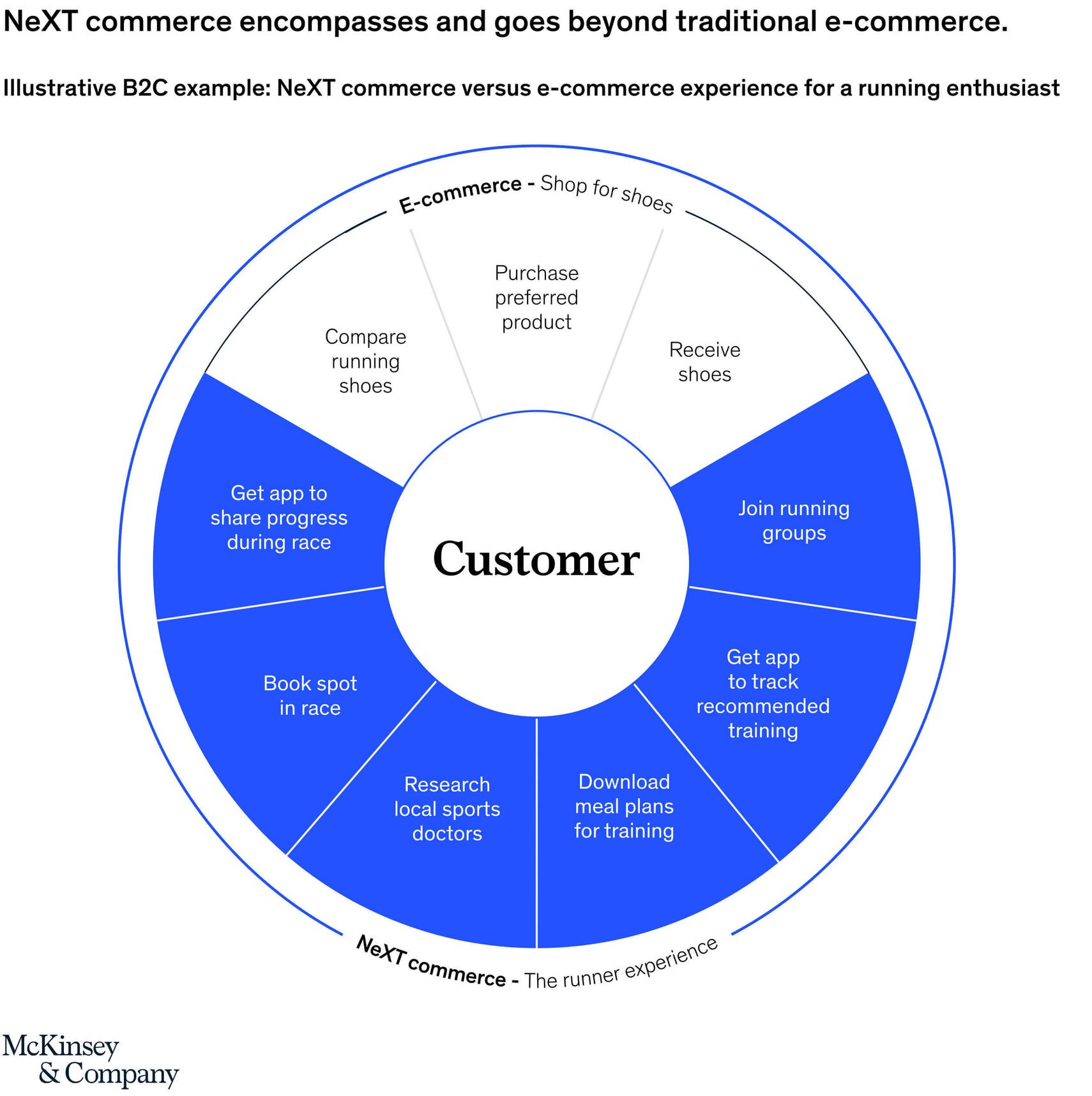blog
Understanding eCommerce Mobile App Development Costs in 2026
By Mohan S App development Retail February 7, 2026

Developing a top-tier eCommerce app involves a meticulous balance of user-centric design, performance scalability, robust security, and seamless backend integration, all working together to deliver a personalized, frictionless shopping experience across platforms.
In Singapore, the cost to develop such an app typically ranges from SGD 10,000 to SGD 100,000 or more. This variation in app development expenses is influenced by several factors, including the app’s complexity (with advanced features like AI or AR driving up costs), platform choice (iOS or Android), design (custom UI/UX can enhance engagement but also increase expenses), key features (such as social sharing or user profiles), and the development timeline.
eCommerce Apps Market Overview

eCommerce apps are transforming the way businesses engage with customers, with mobile sales accounting for 59.9% of total eCommerce transactions globally. Consumers spend 88% of their mobile usage time on apps rather than on mobile websites, inspiring businesses to invest in mobile-first solutions.
You might like to read: Top eCommerce trends this year
The convenience of push notifications, personalized experiences, and seamless checkout processes are contributing to higher conversion rates and improved customer retention.
eCommerce App Development Cost
The cost of building an eCommerce app can vary significantly based on its complexity. From basic apps offering standard features to advanced solutions with AI-driven personalization, each app comes with its own price tag. Understanding the cost breakdown is essential to plan your investment and ensure your app meets both budget and functionality requirements.
Costs may also vary depending on design intricacies and third-party integrations.
Basic App
Simple features like product listing, search, and checkout.
Cost: SGD68,800 to SGD 137,500 (SGD 50,000 – SGD 100,000)
Mid-Level App
Includes additional functionalities like payment gateways, user profiles, and basic analytics.
Cost: SGD 137,500 to SGD 275,000 (SGD 100,000 – SGD 200,000)
Complex App
Advanced features such as AI integration, personalized recommendations, and multi-language support.
Cost: SGD275,000 to SGD 687,000 (SGD 200,000 – SGD 500,000)
Factors That Influence eCommerce App Costs
A number of important variables influence the final cost. Everything from the desired functionality and features to the more intricate details like UI and UX in eCommerce apps and platform choice greatly affects the total cost. By examining these factors closely, businesses can strategize effectively, ensuring their app not only meets performance expectations but also aligns with budgetary constraints.
Dig deeper: Latest app development technologies
App Features and Functionality: The more features an app has, the higher the cost. Basic apps with simple features like product catalogs are less expensive, while advanced features such as AI-based recommendations or multi-currency support increase costs.
Design Complexity: A clean, user-friendly interface with simple navigation is essential but costs less than highly customized, complex designs that provide a unique user experience and branding.
Platform Choice (iOS, Android, or Both): Developing an app for a single platform is more cost-effective than building for both iOS and Android. Cross-platform apps can help reduce development costs but might sacrifice some performance.
Third-Party Integrations: Adding integrations for payment gateways, CRM systems, or shipping services can increase costs. The more integrations needed, the higher the development time and cost.
Key Features Required in eCommerce App Development
Creating a successful eCommerce app requires more than just an attractive interface, it demands a thoughtful selection of features that cater to modern shoppers. Today’s consumers seek convenience and reliability, expecting functionalities that streamline their shopping journey.
Keep these key features in mind, and businesses can craft an app that not only meets but exceeds user expectations, paving the way for sustained engagement and growth.
User Registration & Login: Secure user authentication via email, social media, or mobile numbers for easy access.
Product Catalog: A detailed, searchable catalog allowing users to browse products with filters and categories.
Shopping Cart: Allows users to add, modify, and review items before proceeding to checkout.
Payment Gateway Integration: Secure payment options, including credit/debit cards, digital wallets, and net banking.
Order Management: Tracks orders, statuses, and provides notifications for shipping and delivery.
Push Notifications: Alerts users about offers, order updates, and personalized deals.
Ratings & Reviews: Lets users provide feedback on products and services, enhancing trust and engagement.
Wishlist: Allows users to save items for future purchases or consideration.
Customer Support: Integrated live chat or AI-based assistants for real-time assistance and problem resolution.
Analytics Dashboard: Offers insights into user behavior, sales, and app performance for better decision-making.
Conclusion
Developing an effective eCommerce app involves a deep understanding of user needs and preferences, ensuring that essential functionalities prioritize security, ease of use, and customer engagement. By thoughtfully integrating these elements, businesses can create a standout app in a competitive market.
Ultimately, a well-designed eCommerce app can serve as a powerful tool to enhance customer experiences, drive sales, and foster brand loyalty in an ever-competitive landscape.
Buuuk specializes in developing customized apps tailored to your unique vision. Let us help you develop a customized solution that stands out.


